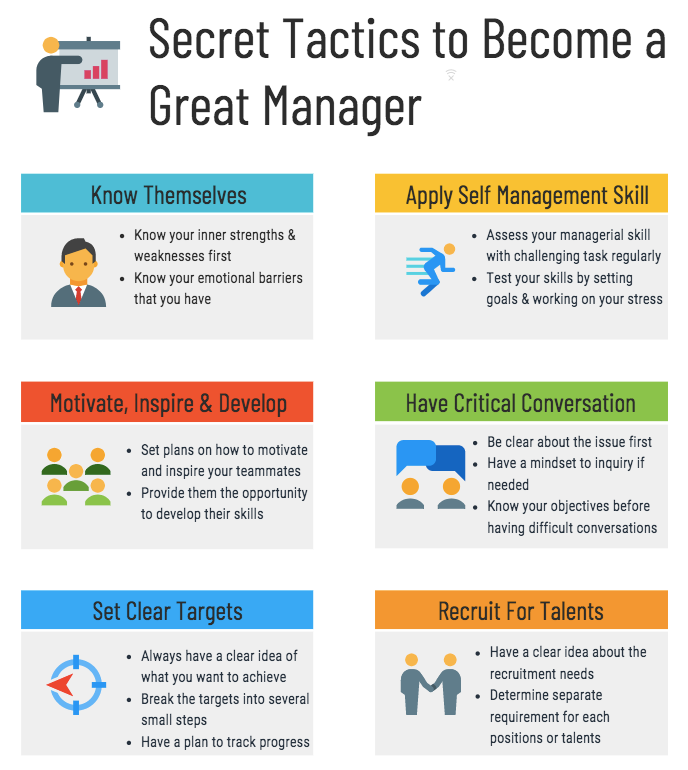When I first started my career as a manager, I had no idea what I was getting myself into. I was thrust into a position of authority, responsible for overseeing a team of individuals. Suddenly, I was expected to make important decisions, motivate my team, and ensure their success. It was overwhelming, to say the least. But little did I know, this experience would become the catalyst for my personal and professional growth.
Leadership development is a journey that everyone in a managerial role embarks upon. It is a constant process of learning, self-reflection, and improvement. Over the years, I have come to understand that being a good manager is not just about having a title or power over others. It’s about being a leader, someone who inspires and guides their team towards excellence.
So, how does one become a better manager? This question haunted me for quite some time. I sought answers through books, seminars, and even conversations with other seasoned managers. Through these experiences and my own trial and error, I have discovered several key principles that have helped me on my journey of leadership development. Here are a few:
1. Self-awareness: To become a better manager, you must first understand yourself. This means having a deep understanding of your strengths, weaknesses, and values. It also involves recognizing the impact of your actions and words on your team. By being self-aware, you can adapt your leadership style and make better decisions that align with your values and the needs of your team.
2. Emotional intelligence: Managing people is not just about the technical aspects of the job. It’s also about understanding and connecting with others on an emotional level. Emotional intelligence entails being aware of and managing your own emotions, as well as recognizing and empathizing with the emotions of others. By developing your emotional intelligence, you can create a positive and supportive work environment that fosters engagement and productivity.
3. Continuous learning: The world is constantly evolving, and as a manager, it’s important to stay updated and adapt to new challenges and opportunities. Seek out learning opportunities, whether it’s through professional development courses, industry conferences, or networking with other professionals. Embrace a growth mindset and never stop learning.
4. Effective communication: Communication is the foundation of any successful team. As a manager, it’s crucial to be able to communicate clearly, listen actively, and provide constructive feedback. Good communication fosters understanding, collaboration, and trust within the team. It also ensures that everyone is aligned and working towards a common goal.
5. Empowerment and delegation: A good manager understands that they cannot do everything alone. Delegating tasks and empowering team members not only relieves your workload but also helps develop their skills and fosters a sense of ownership and accountability. Trust your team members and give them the opportunity to grow and excel.
6. Lead by example: As a manager, your actions speak louder than words. Be a role model for your team by demonstrating the values and behaviors you expect from them. Show integrity, honesty, and a strong work ethic. By leading by example, you inspire your team to do the same and create a positive work culture.
7. Recognize and develop talent: One of the essential aspects of leadership development is identifying and nurturing talent within your team. Recognize the unique strengths and skills of each team member and provide them with opportunities for growth and development. This not only benefits the individual but also strengthens the team by utilizing everyone’s strengths and fostering a collaborative and supportive environment.
Throughout my journey of leadership development, I have realized that becoming a better manager is a continuous process. It requires self-reflection, openness to feedback, and a willingness to learn and improve. It’s not about striving for perfection, but rather constantly evolving and adapting to the ever-changing needs of your team and organization.
So, if you find yourself in a managerial role or aspiring to become one, embrace the journey of leadership development. Take the time to understand yourself, communicate effectively, empower your team, and foster a positive and inclusive work environment. Remember, being a manager is not just a job title; it’s an opportunity to make a meaningful impact and inspire others to reach their full potential.
